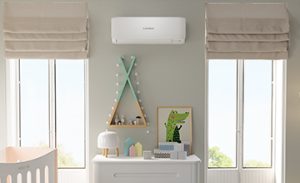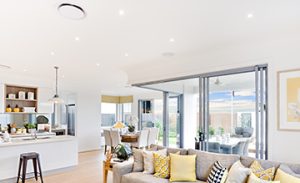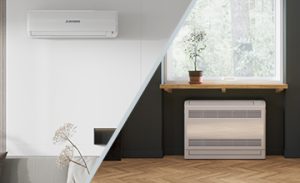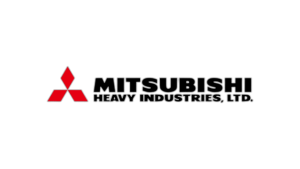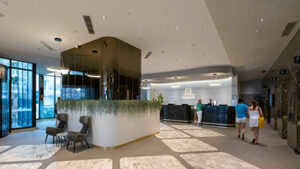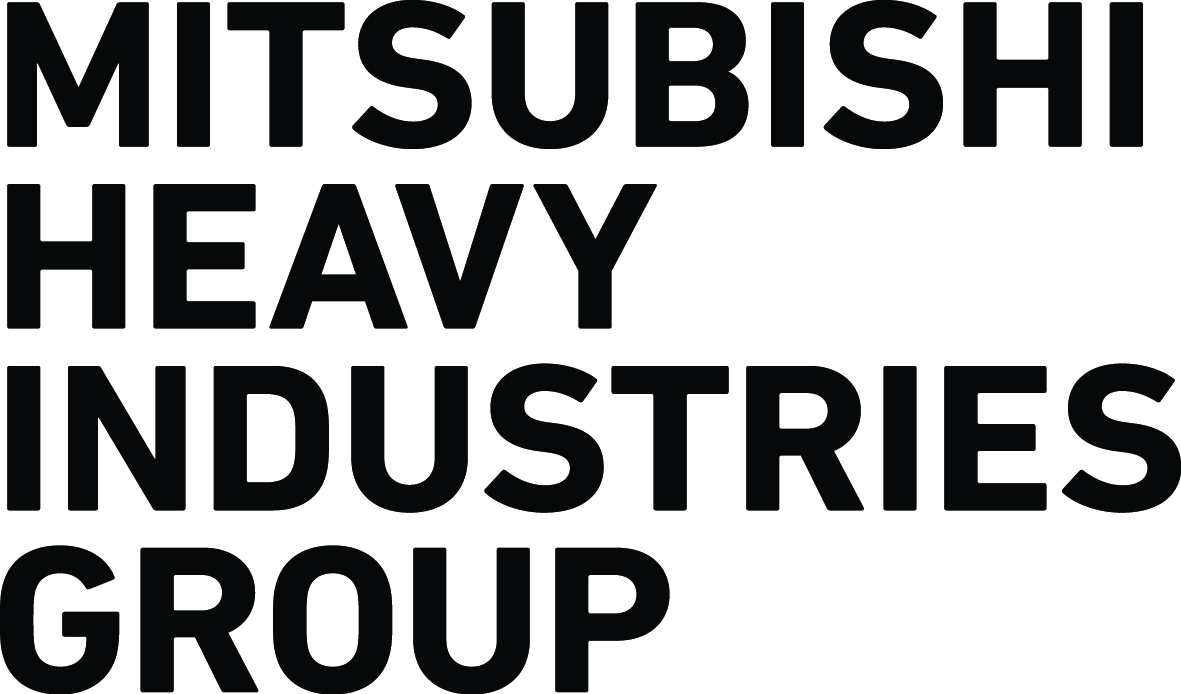5 Common Myths About Air Conditioners Debunked

While air conditioners have been around for decades and over 50% of all Aussie households have one installed, there’s still a lot of myths and misconceptions surrounding them and their use. To try and clear a few things up, here are 5 of the most common air conditioner myths debunked.
These myths range from how much power they use, how much they cost to run, maintenance, what you can and can’t do with them, the list goes on.
Air Conditioner Myth #1: They Are Expensive to Run
Approx. 38% of Aussies think that their air conditioner is the main contributor to their electricity bill, so it makes sense that this is one of the biggest air conditioner myths out there.
The reality is that modern air conditioners deliver approx. 300-400% efficiency. This means for every 1kW of power your air conditioner uses, it can deliver between 3-4kW in cooling or heating power.
Given the more efficient an appliance is, the cheaper it is to run, air conditioners, if used appropriately, are reasonably cheap to run! To give you an idea, the table below includes some approximate running costs of various appliances compared to the average air conditioner.
| Appliance | Approx. Running Cost Per Hour |
| Air Conditioner | $0.13 – $0.36 |
| Oven | $0.63 – $1.33 |
| Stove Cooktop | $0.42 – $0.84 |
| Microwave | $0.28 – $0.53 |
| Clothes Dryer | $0.50 – $3.14 |
Running costs are approximate. Based on $0.35/kWh electricity costs.
The table below includes a breakdown of approximately what you might pay to run your air conditioner on cooling mode, based on the climate you’re living in*
| Capacity | Brisbane | Sydney | Adelaide | Perth | Melbourne | Hobart | Canberra |
| 2–2.5kW | $112.93
(511 kWh) |
$46.08
(180kWh) |
$62.28
(180kWh) |
$51.84
(180kWh) |
$51.84
(180kWh) |
$34.40
(117kWh) |
$26.44
(117kWh) |
| 2.5–5kW | $181.00
(819kWh) |
$72.19
(282kWh) |
$72.19
(282kWh) |
$72.19
(282kWh) |
$72.19
(282kWh) |
$72.19
(282kWh) |
$72.19
(282kWh) |
| 4–6kW | $72.19
(282kWh) |
$72.19
(282kWh) |
$151.55
(438kWh) |
$126.14
(438kWh) |
$68.08
(279kWh) |
$82.03
(279kWh) |
$63.05
(279kWh) |
The table below includes a breakdown of approximately what you might pay to run your air conditioner on heating mode, based on the climate you’re living in*
| Capacity | Brisbane | Sydney | Sydney | Perth | Melbourne | Hobart | Canberra |
| 2–2.5kW | $11.93
(54kWh) |
$87.04
(340kWh) |
$117.64
(340kWh) |
$97.92
(340kWh) |
$97.92
(340kWh) |
$257.25
(875kWh) |
$197.75
(875kWh) |
| 2.5–5kW | $14.81
(67kWh) |
$110.08
(430kWh) |
$148.78
(430kWh) |
$123.84
(430kWh) |
$279.87
(1,147kWh) |
$337.22
(1,147kWh) |
$259.22
(1,147kWh) |
| 2.5–5kW | $21.66
(98kWh) |
$168.45
(658kWh) |
$21.66
(98kWh) |
$168.45
(658kWh) |
$21.66
(98kWh) |
$168.45
(658kWh) |
$21.66
(98kWh) |
Air Conditioner Myth #2: They Require a Lot of Maintenance
Other than cleaning the filters, split system air conditioners require very minimal maintenance. We recommend cleaning your filters every change of season to ensure they’re working their best to remove allergens like pollen and dust and neutralise bacteria and viruses. You can learn how to clean your split systems via our handy blog here.
If you use your air conditioner a lot, we usually recommend having it checked by a professional at least once a year so they can give it a good once over and ensure it’s running as efficiently as possible.
Mitsubishi Heavy Industries systems also have a Self-Cleaning Mode which is designed to dry the internal components, including fan and filters. As well as helping with general maintenance, this also helps eliminate mould and deliver clean and odour free air.
Air conditioner Myth #3: They Are Noisy
While operating noise of air conditioners can vary depending on model, size, fan speed, etc. on average, air conditioners are actually extremely quiet!
To give you an idea of just how quiet some air conditioners are, we’ve included below a list of common noises and their sound levels compared to some of our air conditioners.
| Item | Average Sound Levels (Decibels) |
| Normal Breathing | 10db |
| Avanti PLUS (SRK20ZSXA-W) | 19db |
| Avanti (SRK25ZSA-W / DXK09ZSA-W) | 22db |
| Bronte (SRK63ZRA-W / DXK21ZRA-W) | 25db |
| Soft Whisper | 30db |
| Rustling of Leaves | 35db |
| Refrigerator | 40db |
| City Traffic (Inside Car) | 80db |
*Avanti PLUS on ultra-low fan speed, Avanti on low fan speed and Bronte on ultra-low fan speed.
While most of our split systems are quiet as it is – Mitsubishi Heavy Industries split systems also boast a Silent Operation. This reduces the noise of the outdoor unit even further making them even quieter. Perfect for when you may want to run it overnight!
Air Conditioner Myth #4: Setting the Temp Higher/Lower Heats/Cools Your Home Faster
While it sounds good in theory, unfortunately, this doesn’t work. Your air conditioner will work equally as hard to heat or cool your space, regardless of what you set the temperature at. Best thing you can do is set your temperature to the comfortable temperature and just wait for the system to do its thing.
If you’re desperate for cooling or heating, Mitsubishi Heavy Industries split systems do have a High Power Mode which delivers 15 minutes of boosted airflow to quickly heat or cool your space. Perfect for when you arrive home or just wake up!
Air Conditioner Myth #5: Air Conditioners Are Bad for the Environment
Given their high energy efficiencies (up to 400%), air conditioners use a lot less electricity that many other alternatives. The less electricity required, the better it is for the environment!
Most split systems now also use R32 refrigerant, which has a much lower GWP (Global Warming Potential) than previous refrigerants used which is another big benefit for the environment.
Unlike wood burners, air conditioners also don’t generate any micro particles, which can have a negative impact on both the environment and your health.
Thinking of replacing or upgrading your air conditioner? Visit our request a quote page, leave some details and we’ll get a MHI installer to get in touch!
*Average energy consumption figures based on reverse cycle; non-ducted, single split system air conditioners listed in the Commonwealth of Australia E3 Program’s Registration database. Capacity based on rated heating capacity at 7°C. Usage cost estimates based on average electricity usage costs – 25.6 c/kWh in Sydney, 24.4 c/kWh in Melbourne, 22.1 c/kWh in Brisbane, 34.6 c/kWh in Adelaide, 29.4 c/kWh in Hobart and 22.6 c/kWh in Canberra. Average usage costs are based on rates available for an annual usage of 4,200 kWh. ^Climate zones based on the new Zoned Energy Rating Label for air conditioner models imported or supplied after 1 April 2020.
You might also be interested In



